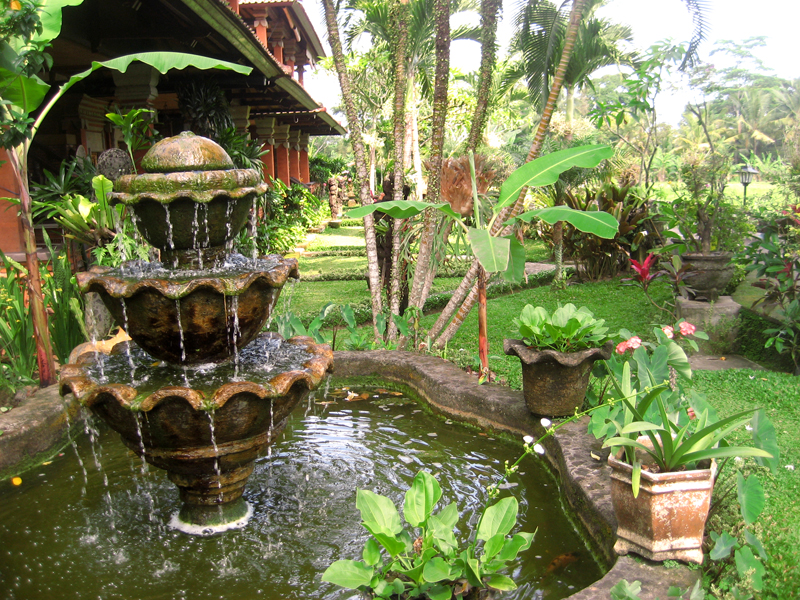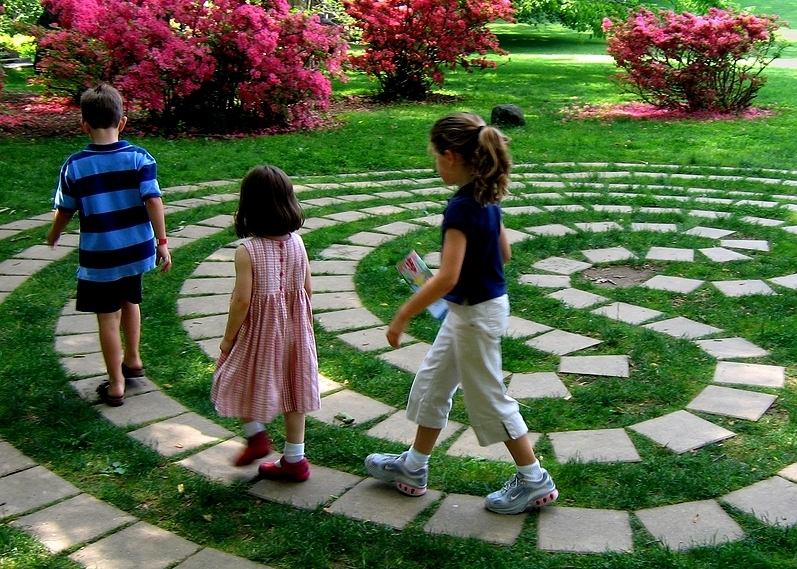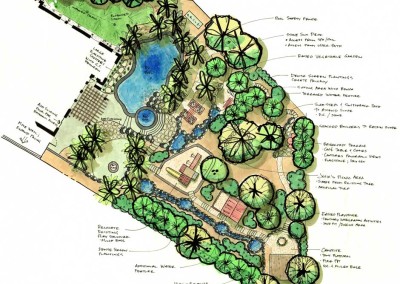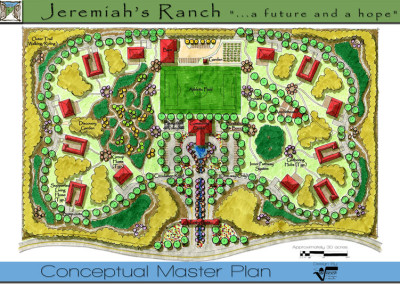Therapeutic Gardens


Exploring the Connection Between Nature and Health
A Therapeutic Garden is an outdoor garden space that has been specifically designed to meet the physical, psychological, social and spiritual needs of the people using the garden as well as their caregivers, family members and friends.
The design of a Therapeutic Garden is ideally a collaborative effort involving the people using and caring for the garden. The development of the garden is typically accomplished by a design team of landscape architects, garden designers, horticultural therapists, healthcare professionals, such as doctors, nurses, occupational therapists, recreational therapists, gerontologists and other staff members. Additional stakeholders involved may include, if appropriate, the patients or residents themselves and their respective family members and other caregivers. The design team is often led by a landscape architect or garden designer, specifically trained in the design and development of Therapeutic Gardens. It is strongly recommended horticultural therapists presence in the design process, since they are professionals specialized in the use of the gardens as a therapeutic tool, who know all the potentialities of a garden for this purpose, since it is their working tool with people with disabilities or illness.
The majority of elements in a Therapeutic Garden should be plant related, such as perennials that attract hummingbirds, shrubs that attract butterflies and water features for gold fish and Koi. Plants familiar to those using the Therapeutic Garden need to be non-toxic and non-injurious. Issues related to sustainability of the garden, such as using native plants and rain water harvesting, should also be considered in the overall design. Attracting nature, such as butterflies, gold finch and hummingbirds into the Therapeutic Garden, is important. Nature is referred to as a ‘positive distraction’ by Roger Ulrich, Ph.D. at Texas A&M University.[1] Other considerations include providing ample shade, movable furniture, water features, smooth and level walking surfaces, and year round interest. Consideration should also be given to the maintenance and upkeep of the Therapeutic Garden as safety is an important consideration. An endowment fund can be set up for the perpetual maintenance of the Therapeutic Garden.
We’ve teamed with leading professionals in these related fields to create specialized spaces for clients with various needs, but our main focus is families touched by Autism Spectrum Disorders, as this is an increasing need within our culture. Please contact us below to learn more about our services or to schedule a consultation.




